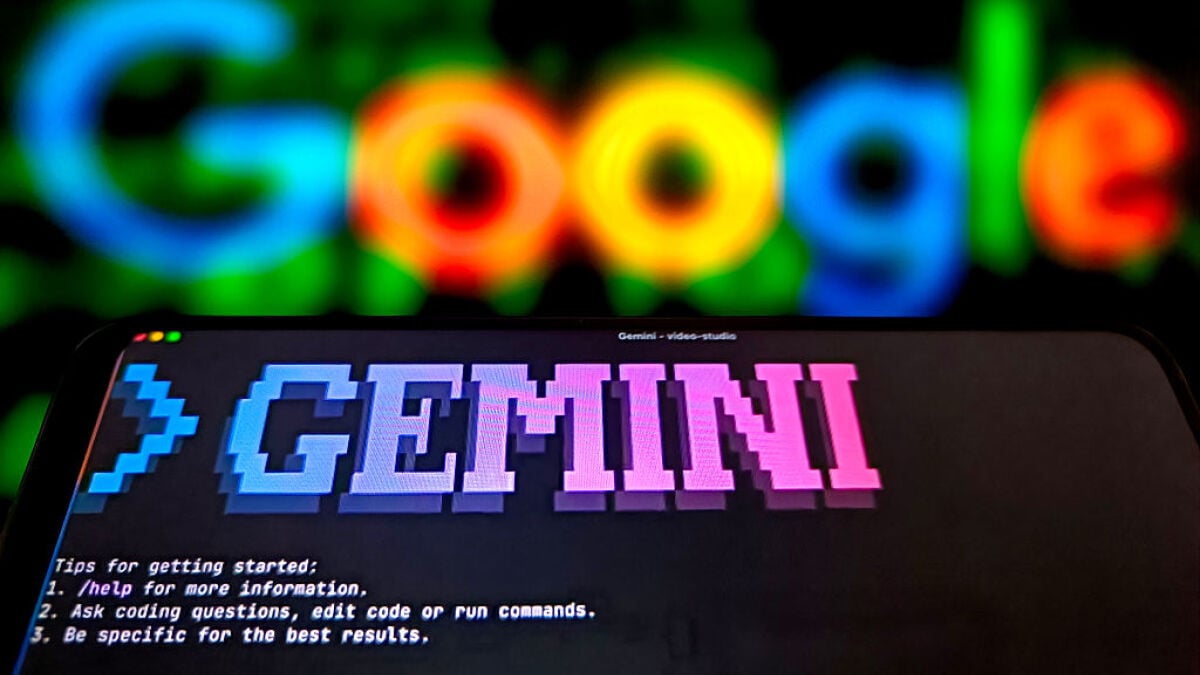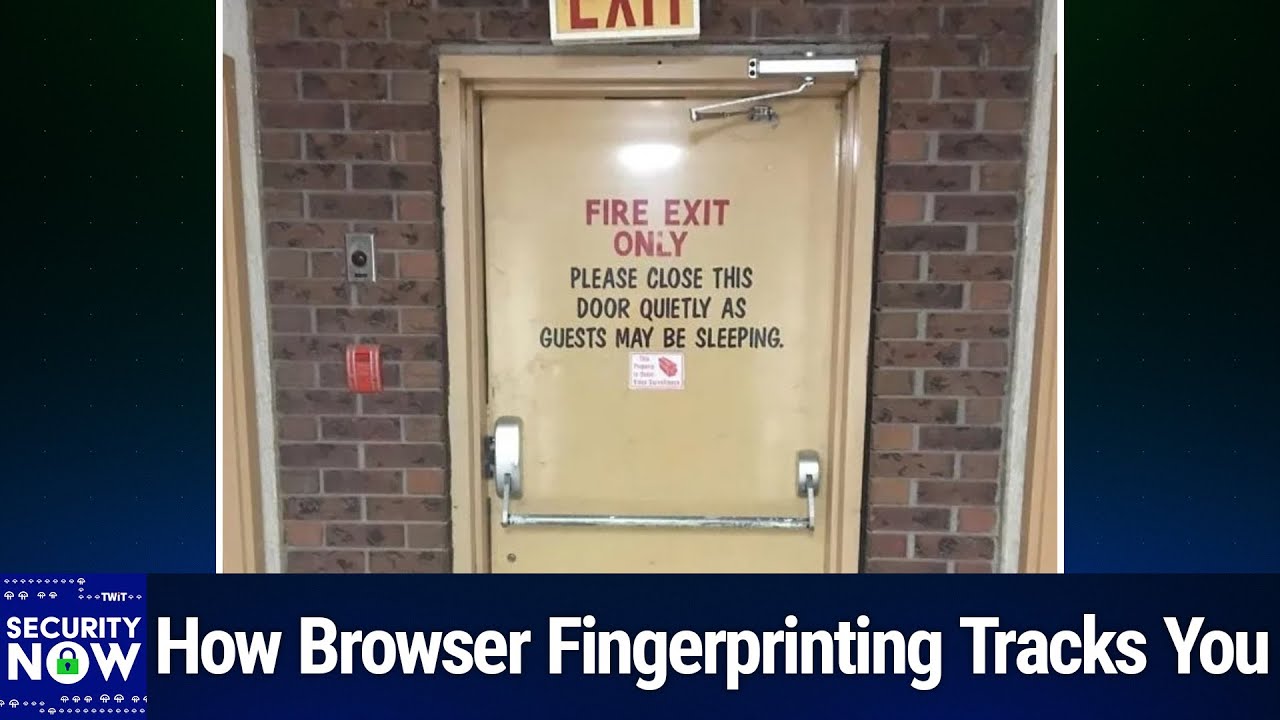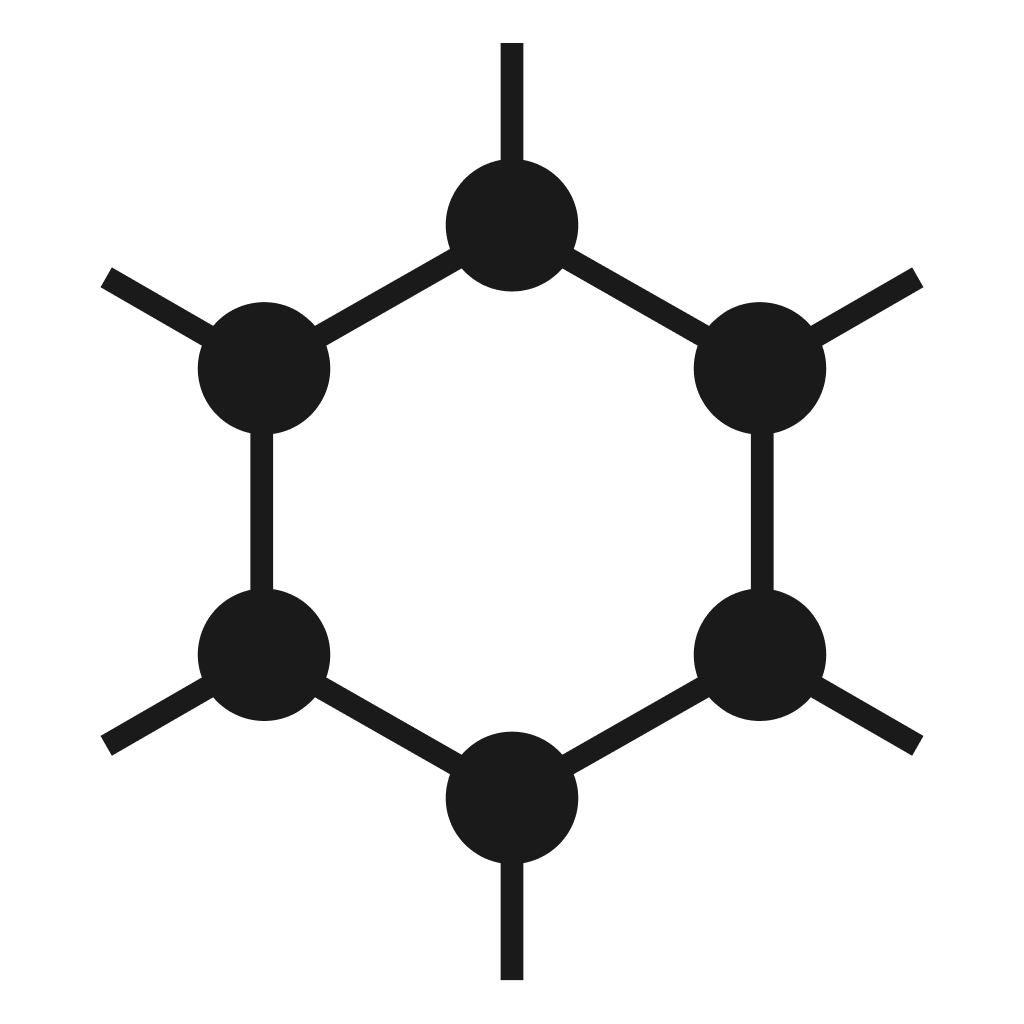Besides. What is there to really mange. There are only a few that one are likely to change. Every thing else is in /etc. Besides all of thia is in whole system backups and snapshots anyway.
flatbield
Interests: News, Finance, Computer, Science, Tech, and Living
- 9 Posts
- 597 Comments

 2·1 month ago
2·1 month agoWhich means using them as an always on device is expensive and not very eco.
For what it is worth, my Bluetooth hearing aids just work on Ubuntu. Have not tried BLE.

 1·1 month ago
1·1 month agoVarious uses of “find” in particular. “xargs” sometimes too. The capabilities of “bash” in general including scripting and the whole redirection, piping, and multiprocessing capabilities in particular.
Yes humans are terible at multitasking.

 41·2 months ago
41·2 months agoNot at all. The Volt is great. No major issues. Not sure why your loosing your shit over something you seem to know nothing about.

 122·2 months ago
122·2 months agoOver bloan. Software does not age but security does. Other things that do not age well is specialty tech hardware components. Batteries are a question too.
I know my volt at 10 years does not have a viable oem battery replacement (back ordered and nutty price). I can get a reasonable after market battery though.

 12·2 months ago
12·2 months agoI agree. The Chinese are the most interesting. Trying to integrate a more flexible market economy into their social system is a huge accomplishment and what is needed.
The reverse is needed in the US. The other big challenge in the US is quality of leadership. Democracy requires an educated and engaged electorate, access to true information, honest fact based debate, good decision making, and a willingness to make it work. All in short supply these days.

 18·2 months ago
18·2 months agoI absolutely agree. Have we ever seen that in the wild though especially at scale?
It may be in fact mutually exclusive in that it may conflict with human nature and most cultures. US is of couse extremely individualistic for example though not uniformly so.

 4·2 months ago
4·2 months agoYes I agree that these guys are not fully socialist and what they can accomplish is limited. The more interesting point is first how the capatalists loose their shit over it on one hand and on the other I do not think socialist as an attribute is considered negative these days in general.

 114·2 months ago
114·2 months agoThen you come up with better word.
In my definition, any system where the general public cannot throw out the bums without violence is authoritarian.
The is the fundamental reason communism is not viable. It just swaps distributed power for the even bigger problem of bigger concentrated power.
Just look at happyness indexes. We know the solutions that tend yield best results. They tend to be democracies with a fairly homogenious population and a socialist bent. Capitalists hate this and I assume communists do too because it shows neither is the way.

 211·2 months ago
211·2 months agoActually in the US socialism is more popular then you might think. Bernie Sanders was very popular a few years ago and showed significant support in the presidential race. Mamdani just won the NY mayors race.
What we do not care for in the US is authoritarianism which seems to be the result of any extreme either libertarianism or communism, and we are too damed independent for our own good. I makes me both laugh and cry when the current situation is not good for 80% of people but with minor exceptions they still vote for it.

 4·2 months ago
4·2 months agoNo. People do what they do.
What I find more laughable is people complaining profusely about windows but doing nothing about it.
Using something different is hard too. Most people are somewhere between cows and idiots. I have been using Python since the late 90s even on Windows and at work too. I got some strange reactions and push back over the years. You just have to not care. We see now how that turned out. Now everyone ahrees Python is useful.

 12·2 months ago
12·2 months agoYes, I have wondered about the partial support too.
Might be true. However never under estimate the indecisiveness and incompetence of US leadership and take it as a plan. Russian propaganda and the MAGA crowd too have had big effects also. By in large too the west wants Russia stable. Besides Ukraine is not a core issue in the US.
Nuclear weapons are useless. No one can use them.

 25·2 months ago
25·2 months agoI have no idea how all this will end. However you might want to consider that west has put very little effort into helping Ukraine. Both Russia and the US have not lived up to their obligations. Both guaranteed the intergity of Ukraine by treaty. Russia invaded and the US and the west did not stop it though we could have at any time.

 47·2 months ago
47·2 months agoSo there is no way the Taliban beat both Russia and the US in Afghanistan?
However when many apps have a permission it becomes meaningless.
The thing about most default configs of any OS is that user storage is largely accessable to all apps. True of Linux, Android. Windows, …
Graphene has options to restrict that but you have to set it up that way. Android also has App sandboxing for app data.
Thinking through the threat model of course is always good as is hardening. All security is porous. Linux is fine generally. If one is exposing services on the public net it is not clear that any OS or software is sufficiently secure, that takes constant effort in terms of monitoring and management.

 31·2 months ago
31·2 months agoThe primary reason to use Lemmey is decentralization and avoidance of Reddit enshitification. Lot of Lemmey blocks shit show lemmey nodes though I am sure they exist.






The 4 year upgrade cycle is too short on one hand. On the other, critical software like Firefox is too old even then so I have to use a flatpack for that which does not integrate well. I am using Debian 12. The other option is that Mozilla does have a debian repo but that is harder to setup.